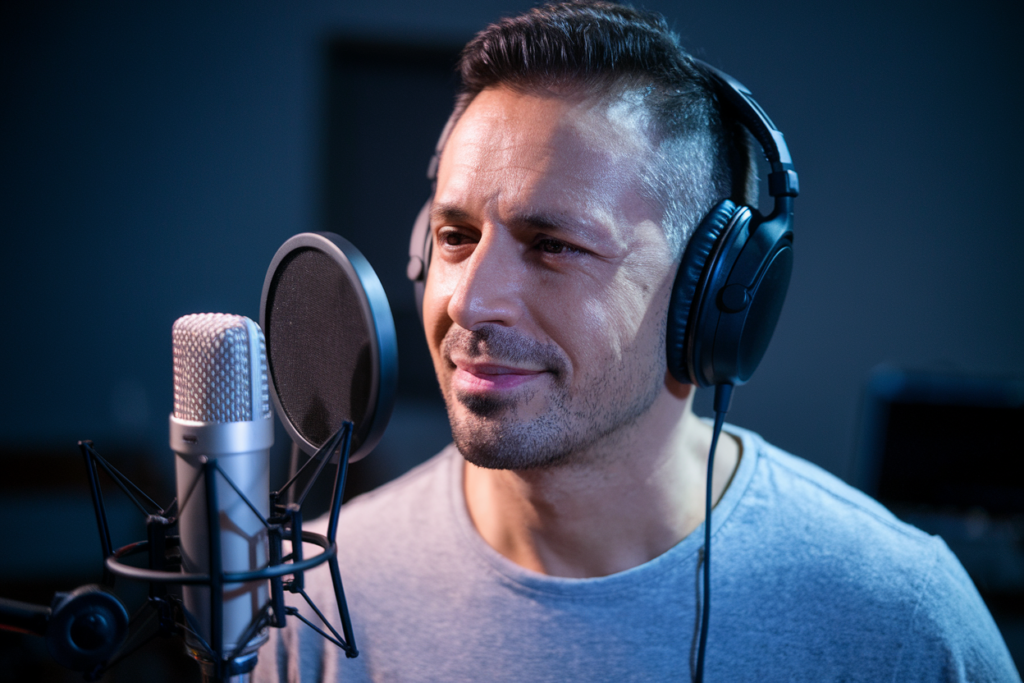Key Takeaways
- Turkish is the official language of Turkey and is spoken by over 80 million people worldwide, highlighting its global significance.
- Key nations where Turkish is officially recognized include Turkey, Cyprus, and Northern Cyprus, each showcasing unique dialects and cultural influences.
- Azerbaijani shares linguistic roots with Turkish, leading to strong ties and significant communication between Azerbaijan and Turkey.
- Bulgarian Turks represent a notable minority in Bulgaria, enriching the country’s cultural landscape through bilingualism in Turkish and Bulgarian.
- Large Turkish-speaking communities exist outside of Turkey, particularly in Germany and France, contributing to local cultures while preserving their heritage.
- Understanding the countries where Turkish is spoken enhances appreciation for its diverse cultural expressions and historical connections.
Did you know Turkish is more than just the official language of Turkey? It’s spoken across several nations, connecting diverse cultures and communities. If you’re curious about how many countries actually embrace this vibrant language, you’re in the right place.
Overview of the Turkish Language
Turkish, an official language in Turkey, boasts over 80 million speakers worldwide. It serves as a bridge connecting various cultures and communities across Europe, Asia, and beyond. Countries with significant Turkish-speaking populations include Cyprus, Azerbaijan, Bulgaria, Greece, and parts of the Middle East.
The language belongs to the Turkic family and features unique phonetic qualities. Its structure relies heavily on vowel harmony and agglutination, making it distinct from many Indo-European languages. For instance, suffixes attach to root words to modify meaning or function.
In addition to its linguistic characteristics, Turkish plays a vital role in cultural expression. It encompasses rich traditions in literature, music, and arts that resonate within diverse communities. Learning Turkish provides valuable insights into these cultural nuances while fostering deeper connections with native speakers.
Understanding where Turkish is spoken enhances your appreciation for its global presence. Whether you’re engaging with Turkish heritage or exploring opportunities in regions where it’s prevalent, recognizing the breadth of this language opens doors to genuine interactions and collaborations.
Nations Where Turkish Is the Official Language
Turkish serves as the official language in several nations, establishing a significant cultural and linguistic presence across borders. Here are the primary countries where Turkish is officially recognized.
Turkey
Turkey stands as the heart of the Turkish language. With over 70 million native speakers, it dominates daily life, business, and education. The rich history and diverse culture of Turkey shape its unique dialects, which vary by region yet remain mutually intelligible. Understanding Turkish opens doors to exploring Turkey’s heritage, traditions, and hospitality.
Cyprus
In Cyprus, Turkish holds official status alongside Greek. Approximately 18% of the population speaks Turkish as their first language. The Cypriot dialect showcases distinct characteristics influenced by historical interactions with various communities on the island. Learning this variant not only aids communication but also enhances appreciation for Cypriot culture and its multifaceted identity.
Nations with Significant Turkish-Speaking Populations
Turkish is spoken in several nations beyond Turkey, reflecting its cultural and historical influence. Here are some countries with notable Turkish-speaking populations:
Azerbaijan
Azerbaijan boasts a significant number of Turkish speakers, primarily due to linguistic and cultural ties. Approximately 93% of the population speaks Azerbaijani, which shares roots with the Turkish language. This connection fosters strong communication between the two nations, enhancing trade relations and cultural exchanges.
Northern Cyprus
In Northern Cyprus, Turkish serves as one of the official languages alongside Greek. About 98% of the population communicates in Turkish, making it integral to daily life. The unique Cypriot dialect adds depth to interactions and strengthens community bonds among residents.
Bulgaria
Bulgaria has a considerable Turkish minority, comprising around 8% of its total population. Many Bulgarian Turks speak fluent Turkish at home while also being proficient in Bulgarian. This bilingualism enriches Bulgaria’s cultural landscape and fosters connections between diverse communities within the country.
Understanding these regions helps appreciate how interconnected cultures shape the global presence of the Turkish language.
Other Countries with Turkish Communities
Turkish-speaking communities exist in various countries around the world, creating vibrant cultural links that enrich local societies.
Germany
Germany hosts the largest Turkish community outside Turkey, with about 3 million people of Turkish descent. This community plays a significant role in German society, contributing to its economy and cultural landscape. Many second and third-generation Turks speak Turkish at home while integrating into German life through education and work. Events celebrating Turkish culture, such as festivals and food fairs, occur regularly across major cities like Berlin and Frankfurt.
France
France is home to an estimated 600,000 people of Turkish origin. The French-Turkish community thrives primarily in urban areas like Paris and Lyon. Cultural exchanges happen frequently through restaurants, markets, and social events that highlight traditional music and cuisine. Language retention remains strong among immigrants who often pass down their heritage to younger generations.
The Balkans
Countries in the Balkans also feature notable Turkish-speaking populations due to historical ties. In Bulgaria, around 8% of the population identifies as ethnic Turks, maintaining their language alongside Bulgarian. Similarly, Kosovo has a significant minority of Turks who preserve their linguistic identity within a multiethnic society. These communities contribute to regional diversity while fostering cross-cultural connections.
These nations illustrate how Turkish speakers influence cultural dynamics globally while maintaining their unique identities.
Conclusion
Turkish is more than just a language; it’s a bridge connecting diverse cultures and communities across the globe. With millions of speakers in various nations, its influence stretches far beyond Turkey’s borders.
Whether you’re exploring the rich traditions of Azerbaijan or engaging with vibrant Turkish communities in Germany and France, understanding Turkish opens doors to deeper connections and cultural appreciation.
As you consider learning this fascinating language, remember that it’s not just about communication but also about discovering a tapestry of history, art, and shared experiences that unite people from different backgrounds. Embracing Turkish can enhance your journey through these interconnected worlds.
Frequently Asked Questions
What is the Turkish language?
Turkish is the official language of Turkey and is spoken by over 80 million people worldwide. It belongs to the Turkic family and features unique phonetic qualities such as vowel harmony and agglutination.
Where is Turkish spoken besides Turkey?
Besides Turkey, Turkish is spoken in countries like Cyprus, Azerbaijan, Bulgaria, Greece, and parts of the Middle East. Significant populations exist in these regions, contributing to cultural diversity.
How does Turkish connect different cultures?
Turkish serves as a bridge among various cultures across Europe and Asia by facilitating communication and understanding between communities with rich traditions in literature, music, and arts.
Why should someone learn Turkish?
Learning Turkish provides valuable insights into its culture and traditions while fostering deeper connections with native speakers. It enhances appreciation for regional dialects and cultural expressions.
What are some key characteristics of the Turkish language?
Turkish features distinctive phonetic elements like vowel harmony and agglutination. These traits differentiate it from many Indo-European languages, enriching its linguistic structure.
How many native speakers does Turkish have in Turkey?
Turkey has over 70 million native speakers of Turkish. The language plays a crucial role in daily life, business, education, and reflects the country’s diverse culture.
Is there a significant Turkish-speaking population in Cyprus?
Yes, about 18% of Cyprus’s population speaks Turkish alongside Greek. The Cypriot dialect showcases unique cultural identity influenced by historical factors on the island.
How closely related is Azerbaijani to Turkish?
Azerbaijani is closely related to Turkish; approximately 93% of Azerbaijan’s population speaks it. This connection fosters strong cultural ties between Turkey and Azerbaijan.
Where can I find large Turkish-speaking communities outside Turkey?
Germany hosts around 3 million people of Turkish descent, making it home to the largest community outside Turkey. France also has about 600,000 individuals of Turkish origin primarily in urban areas.
How do ethnic Turks maintain their identity abroad?
Ethnic Turks maintain their linguistic identity through festivals, food fairs, cultural exchanges, and community gatherings that preserve their heritage while contributing to local societies.







